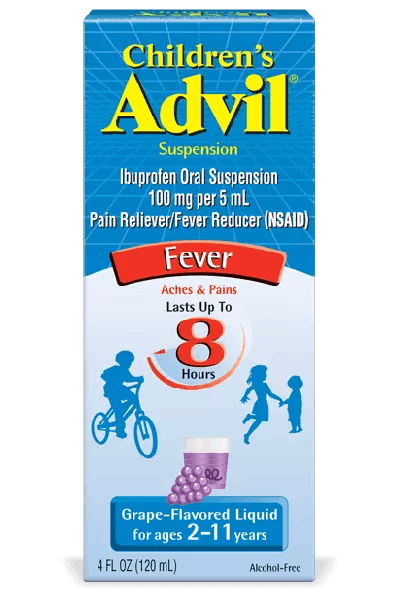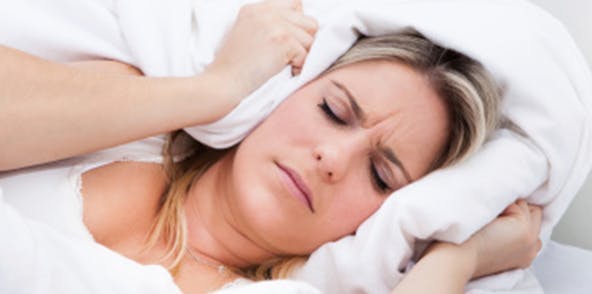Causes Of Sleeplessness
(In this article Dr. Michael Breus, one of the world's leading sleep experts and paid consultant to the makers of Advil PM, discusses the causes of sleeplessness and remedies to combat it.)
Whether it's an occasional night of tossing and turning, or chronic difficulty sleeping through the night, all of us at some point have experienced the frustration and fatigue of sleeplessness. You may know all-too-well what sleeplessness feels like, but do you know what's stopping you from sleeping the whole night?
Sleeplessness has a wide range of possible causes. Physical, psychological, and environmental factors all can undermine your ability to achieve a restful, complete night of sleep:
Your sleep environment matters
One of the most pervasive challenges to sleep is something many of us may overlook: exposure to light. In today's digital world, we're constantly exposed to sources of artificial light. Light-emitting devices often find their way into the bedroom, where they can disrupt circadian rhythms and delay the release of melatonin, a hormone essential to sleep.
Other environmental challenges to sleep? Your mattress, for one. Sleeping on a comfortable bed is crucial to sleeping well. So is a room that is neither too warm nor too cold. A snoring partner can also challenge restful sleep, as can the presence of pets or children in bed.
Pain interferes with sleep
Pain poses one of the most significant challenges to sleep. Nighttime pain stimulates arousal, right when you need to relax. Pain creates anxiety, just as you want to quiet your mind. Pain in the body makes it harder to fall asleep, and also can keep you from reaching the deeper, more restorative stages of sleep.
Illness and disease often inhibit sleep, as can the medications prescribed to treat them. Underlying medical conditions and the pain associated with them are common causes of chronic sleeplessness. Thyroid disorders, acid-reflux disease, and arthritis as well as cardiovascular disease and cancer are just some of the illnesses associated with poor sleep.
Many of the most common over-the-counter and prescription medications — including anti-depressants, blood pressure medication, decongestants and antibiotics — can interfere with sleep.
Sleep is affected by stress and emotion
Ever tried to sleep and found you couldn't empty your mind of worried or racing thoughts? Then you've experienced one of the many psychological challenges to sleep. Stress, whether chronic or acute, poses a serious threat to sleep for many of us. Anxiety can make falling asleep and staying asleep extremely difficult.
"Anxiety can stop you from sleeping the whole night"
Depression and sleep have a complicated relationship: depression can inhibit sleep and in turn, insufficient sleep can worsen feelings of depression. Research has linked feelings of loneliness to fragmented, un-refreshing sleep.
An array of lifestyle factors can also complicate sleep. The caffeine you rely on to avoid a mid-afternoon slump may keep you awake at bedtime - as many as 8-10 hours later.
Nicotine and excessive consumption of alcohol also can undermine high-quality, restorative sleep. Even eating too close to bedtime can wreak havoc with your slumber.
Pay attention to your sleep, and to the factors in your life that may contribute to your less-than-perfect night's rest. You'll sleep better and feel better.
Consult with your physician if you are having trouble with sleep on a regular basis.
Michael J. Breus, Ph. D., is a Clinical Psychologist with a specialty in sleep disorders. He is the author of The Sleep Doctor's Diet Plan: Lose Weight Through Better Sleep (Rodale Books; May 2011) and BEAUTY SLEEP: Look Younger, Lose Weight, and Feel Great Through Better Sleep.








